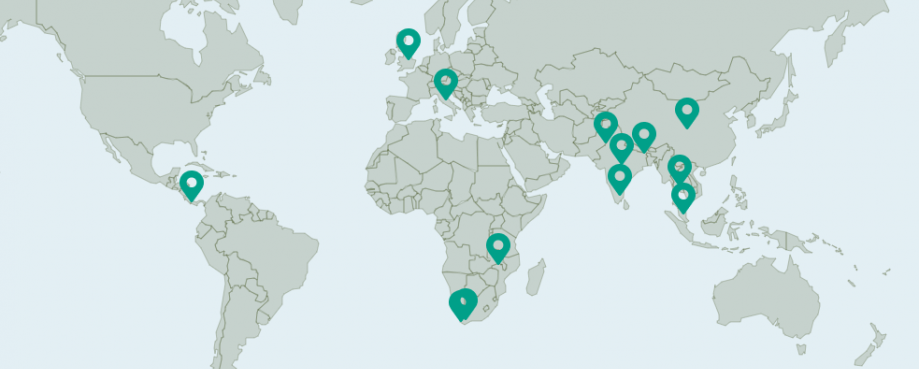
ETI has today launched its first annual impact report, funded by DFID RATE, providing a snapshot of the impacts of our activities working with members, partners and other key stakeholders around the World.
Key Findings for 2019
97 corporate members
85% of members rate ETI as “good” or “excellent”
89% of members improved their ethical trade performance
15 million workers reached in 124 countries
ETI collaborated with 24 trade unions and NGOs to progress ethical trade globally
Every year, ETI will quantify and demonstrate how we are improving the lives of the most vulnerable workers in global supply chains, via robust indicators on our country, global and sector impact. The figures have been developed in line with a range of KPIs aligned to our Strategic Framework. In line with our commitment to transparency and openness, these indicators, and the methodology used to produce them, will all be publicly available.
We also establish a baseline for recording the percentage by which our members have improved both their overall ethical trade performance, and their scores in priority areas such as worker representation.
We continue to benefit from connections that ETI offers us. We have significant in-house expertise and manage our own global network, but we continue to find that ETI offers added value to our in-house ability.
The Body Shop
ETI's credibility and trajectory makes it a renowned, serious partner, which facilitates stakeholder dialogue. ETI is a real agent of change, activating the most urgent and salient debates and acting as a catalyst for action.
Inditex
The most useful element of ETI membership has undoubtedly been the opportunities it provides to engage with business, civil society, unions and subject matter experts. The forum it provides continues to enable us to build our awareness of the global human rights issues that can exist in our supply chains, and understand how to take effective improvement action.
Morrisons
Peter McAllister, ETI’s Executive Director, comments: “This the first stage in an important journey, and one in which ETI is committed to continuously improving and developing our data management, so as to provide more detailed insights and a fuller picture of the scale and reach of our work. Future work will include, for example, building out indicators of global, country and sector impact, and disaggregating the indicators by gender.”
